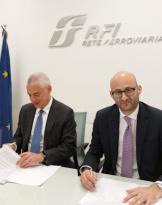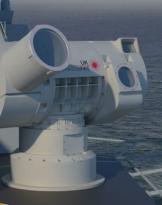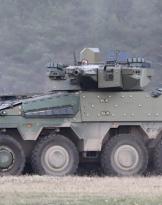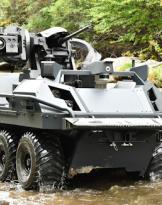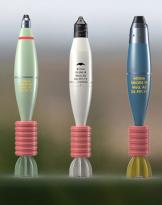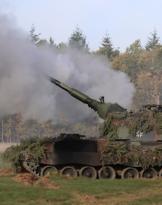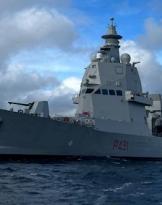Leonardo won the most important project of the first tender in the Defense sector issued by the European Union under the "Preparatory Action on Defense Research" program. The selection of the OCEAN2020 military research project was conducted by the European Defense Agency on a competitive basis and will be finalized in the form of a contract in the coming weeks.
The OCEAN2020 team, led by Leonardo, sees the participation of 15 European countries with 42 partners, including the Ministries of Defense of Italy, Greece, Spain, Portugal and Lithuania and the support of the Ministries of Defense of Sweden, France, United Kingdom, Estonia and Holland. Industrial partners include Indra, Safran, Saab, MBDA, PGZ / CTM, Hensoldt, Intracom-IDE, Fincantieri and QinetiQ. Among the research centers, Fraunhofer, TNO, CMRE (NATO) and IAI.
"We are particularly pleased with this result for the strategic and technological-operational value of the OCEAN2020 program", declared Alessandro Profumo, Leonardo's Managing Director. "It is, in fact, the first technological research project dedicated to a very topical issue of transversal interest for Europe and for the Mediterranean area in particular, that of maritime safety. This success has been possible thanks to the intense and concrete collaboration put in place by the 42 partners of the team that we have the pride to drive ".
OCEAN2020 is the first example of a European military research program and has required an in-depth analysis of operational requirements and a technologically innovative and highly valued proposal. The project includes, inter alia, the integration of unmanned platforms in surveillance and interdiction missions.
With this success, Leonardo confirms and strengthens its system and product competencies in the naval domain which, in addition to combat and command and control systems, also include unmanned aircraft, sensors, helicopters for naval applications, communications and surface weapon and divers.
OCEAN2020 will allow the integration of unmanned platforms of different types (fixed wing, rotary wing, surface and underwater) with the command and control center of naval units, providing for the exchange of data via satellite with command and control centers on the ground. The joint and cooperative use of manned and unmanned platforms will also be demonstrated within the project. These innovative capabilities will be used for maritime surveillance and interdiction missions.
Leonardo would like to thank the Italian Navy which, as a partner of OCEAN2020, has provided and will make an important contribution to the project, both for the development of operational scenarios, and by providing ships and helicopters that, appropriately configured, will take part in demonstrations.
In fact, OCEAN2020 foresees, in addition to complex simulations, two real demonstrations of surveillance and maritime interdiction operations conducted by European fleets using unmanned aircraft, surface and underwater systems. The first demonstration, planned in the 2019 in the Mediterranean, will be coordinated by the Italian Navy, and will see the unmanned helicopters of Leonardo, Hero and Solo, operate from Italian naval units and cooperate with the systems of other European partners. The second demonstration, planned in the 2020 in the Baltic, will be coordinated by the Swedish Navy. The information and data obtained from the different systems within these two demonstrations will be processed and sent to a prototype of a European command and control center in Brussels.




